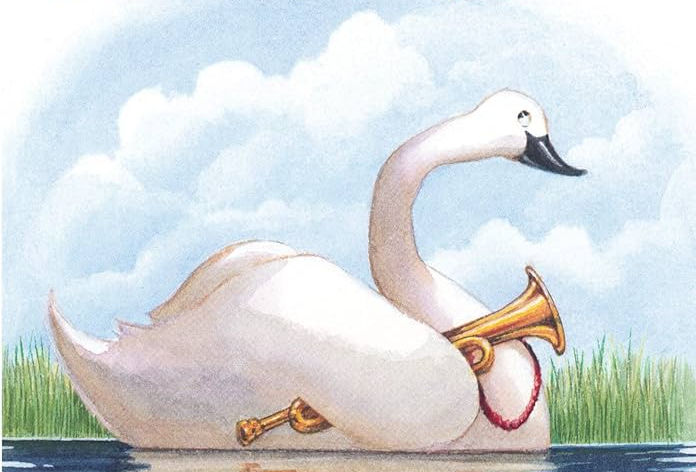History reading list
- Joe

- Jan 5, 2021
- 4 min read
As part of the Christmas gift for my mom this year, I had the idea to put together a shortlist of approachable history books. She likes to talk about how nobody knows history, and on that count I largely agree, though I don't know the last time she did any real substantive exploring on the subject herself. Maybe all this is/was presumptuous, for her memory is spectacular and she was a great student through high school and college. Still I wanted to challenge her, especially considering her main source of information these days seems to be conservative media and social media sites, neither a paragon of even-handedness or thorough reliability. On one hand I understand, because the legacy media apparatus is hot garbage, but on the other the myriad flaws of talk radio and the rest have never been more apparent than with the widespread belief the election was 'stolen' from President Trump.
I didn't make the list, or write this post, to demean her. Far from it. Instead, as I said already, I wanted to challenge her to find some new sources of information and ways to spend her time. It was also a fun exercise for me. Learning about history is important and fun because it in part helps in understanding the context of the current day, whether or not the things you learn exactly back up your worldview. Unlike in political commentary it's much easier to find history books where the author isn't just selling you evidence of an already prevalent narrative (though such examples certainly exist). I want to read as part of gaining a better understanding of the world and hopefully others do too, hence this post in part for anyone looking for book ideas.
The intent was to keep the books short (up to ~500 pages) and relevant to the United States, a limited and comprehensible scope. A variety of topics of import to our country's history are addressed. I attempted to keep the works more popular history than scholarly and avoided repeating authors. A number of these I haven't read myself yet but plan to rectify that soon. I often look at every book as a potential connection to what's next, whether it's something else from an admired author or an interesting topic or person discovered along the way. That was all a fancy way of saying that one book can easily, if you let it, lead to another and I wanted to include different threads to pull on. Here's what I came up with.
- Thomas Woods, 280 pages, published 2005
- The West owes the Catholic Church much. It alone preserved political thought from antiquity and fostered science, learning and more through the 'Dark' and Middle Ages.
- Dan Jones, 304 pages, published 2015
- While I haven't read yet, I wanted to include something on development of British rights and this is the very beginning. Dan Jones is also a young popular historian.
- Nathaniel Philbrick, 463 pages, published 2006
- The pilgrims finding religious freedom in the new world is part of a defining American characteristic. It's also complicated and doesn't end with the picturesque Thanksgiving.
- Joseph Ellis, 304 pages, published 2000
- The Founding Fathers seen through six stories (including several shown in Hamilton). Joseph Ellis is the must read historian on the revolutionary era. 2001 Pulitzer winner.
- Gordon Wood, 464 pages, published 1991
- Everything that made America a unique and radical experiment. 1993 Pulitzer winner.
- Walter Lord, 271 pages, published 1961
- An intimate look at the men who defended the Alamo in 1836. And why they gave it all.
- Bruce Catton, 400 pages, published 1960
- A survey of the most divisive chapter in American history. Considered one of the best single volume histories of the war.
- Dee Brown, 512 pages, published 1970
- Westward expansion as seen through Native American firsthand accounts. Probably will be the toughest read for me.
- Chris Matthews, 400 pages, published 1996
- My current opinion of Matthews aside, I enjoyed his book immensely in college. The start of the modern political era.
- Andrew Roberts, 256 pages, published 2019
- A personal favorite historian looks at nine wartime leaders and their impact on our world: Napoleon, Nelson, Churchill, Hitler, Stalin, Marshall, de Gaulle, Ike, and Thatcher.
- Paul Johnson, 1104 pages, published 1997
- This one breaks all the rules established for the list, as it's long and looks like a textbook. However, it covers the entire breadth of America's history and is something to check out.
Maybe this interests you, maybe it doesn't. Since I haven't read all these myself, yet, there may be updates here eventually, especially if I end up not liking a particular book. Curating a dynamic list could be an amusing continuation of this exercise. As always, let me know what you think. I'd love to hear that I encouraged friends and family to pick up a history book or discuss the contents of one of the selections above.
Happy reading!




Surprisingly I actually have two of these books on my shelf and one by a common author (Joseph Ellis). I enjoy history books very much. I particularly like American history during the Revolution and Civil Wars. I've read several books on the life of George Washington whom I greatly admire. One of my favorites is Riding with George by Phillip Smucker. It details the life of Washington as horseman and athlete. Many of his most important connections were made through sports and games. Your mom might like it too as it talks a lot about chivalry and his early love life. Here's a link to more info http://ridingwithgeorge.com/